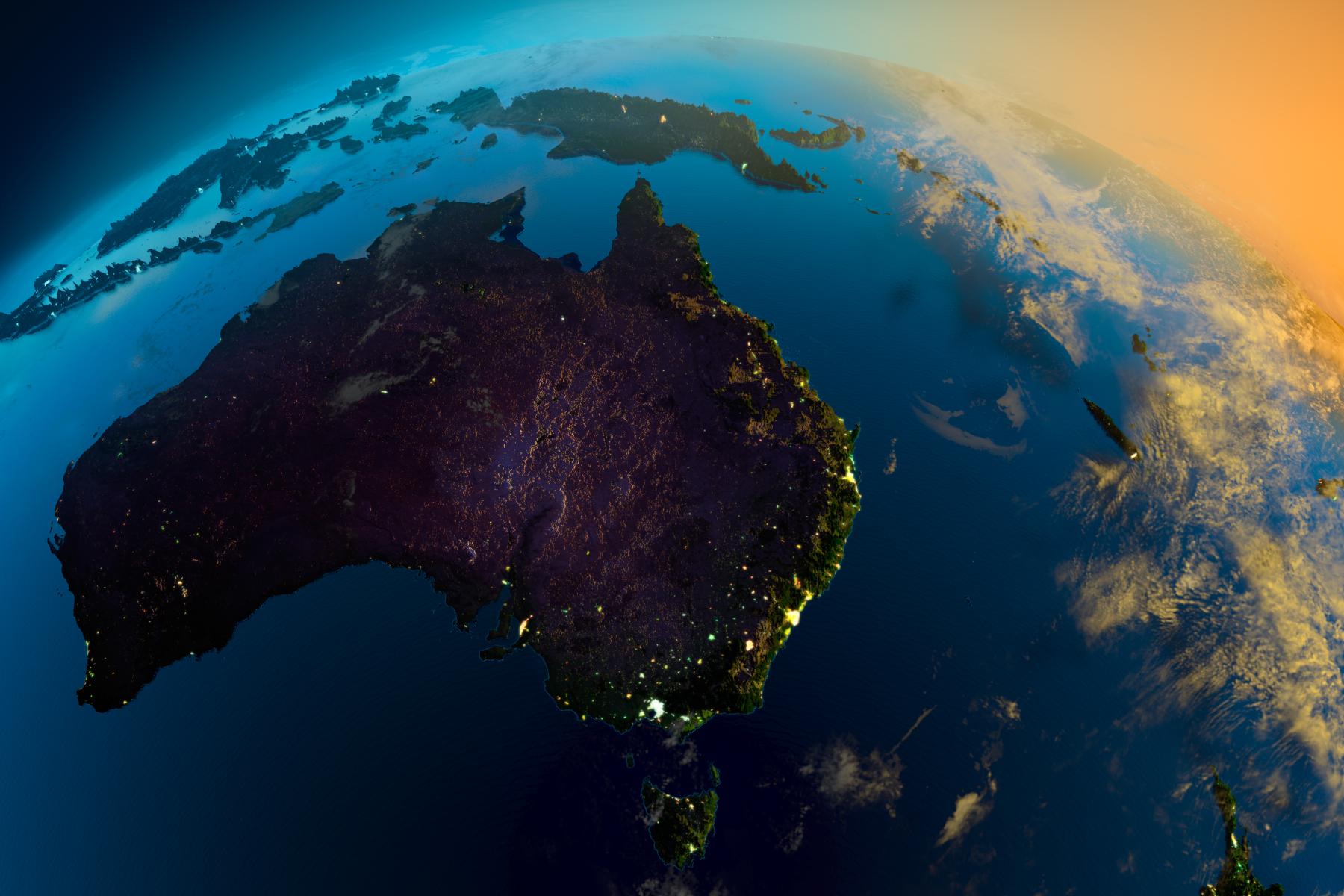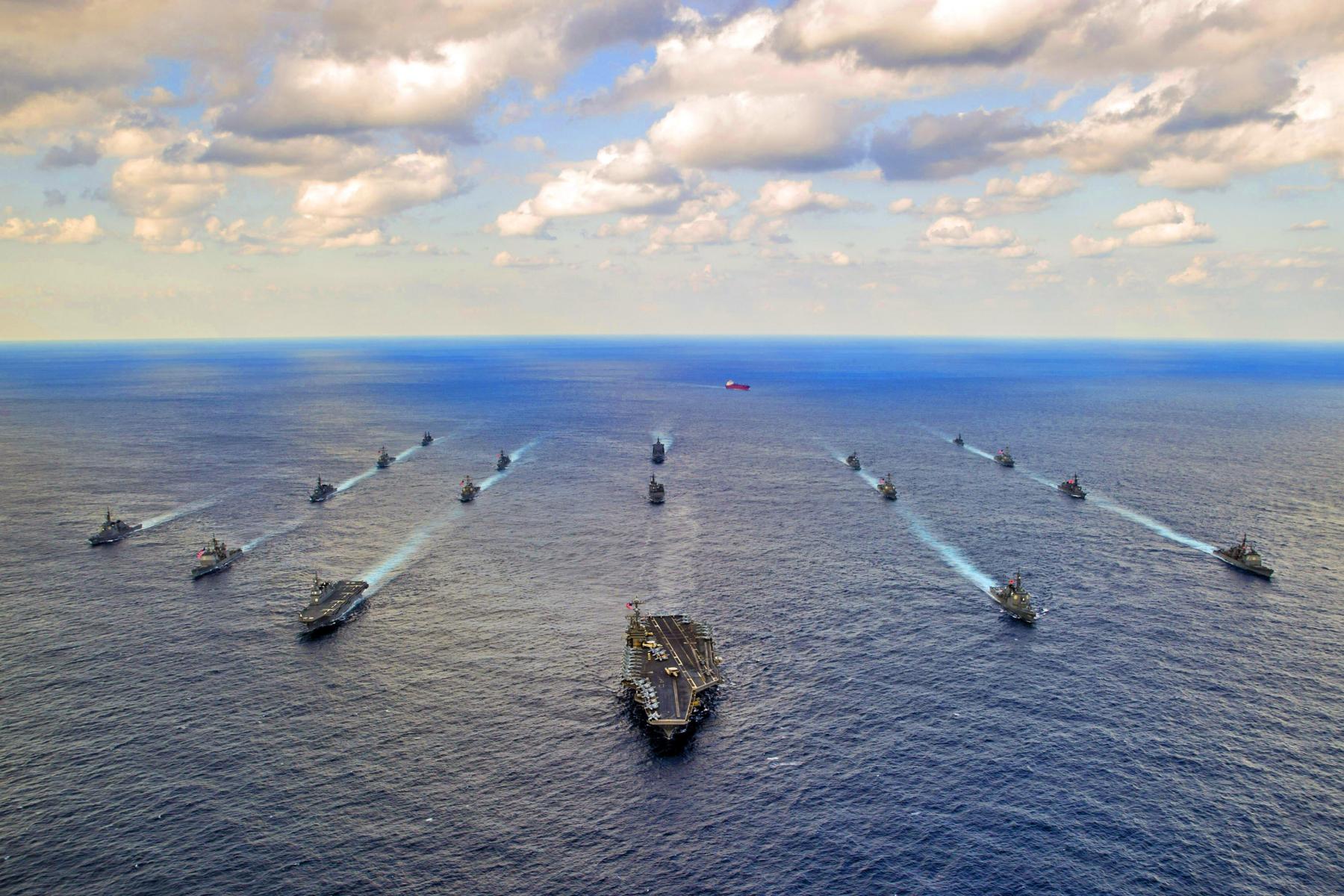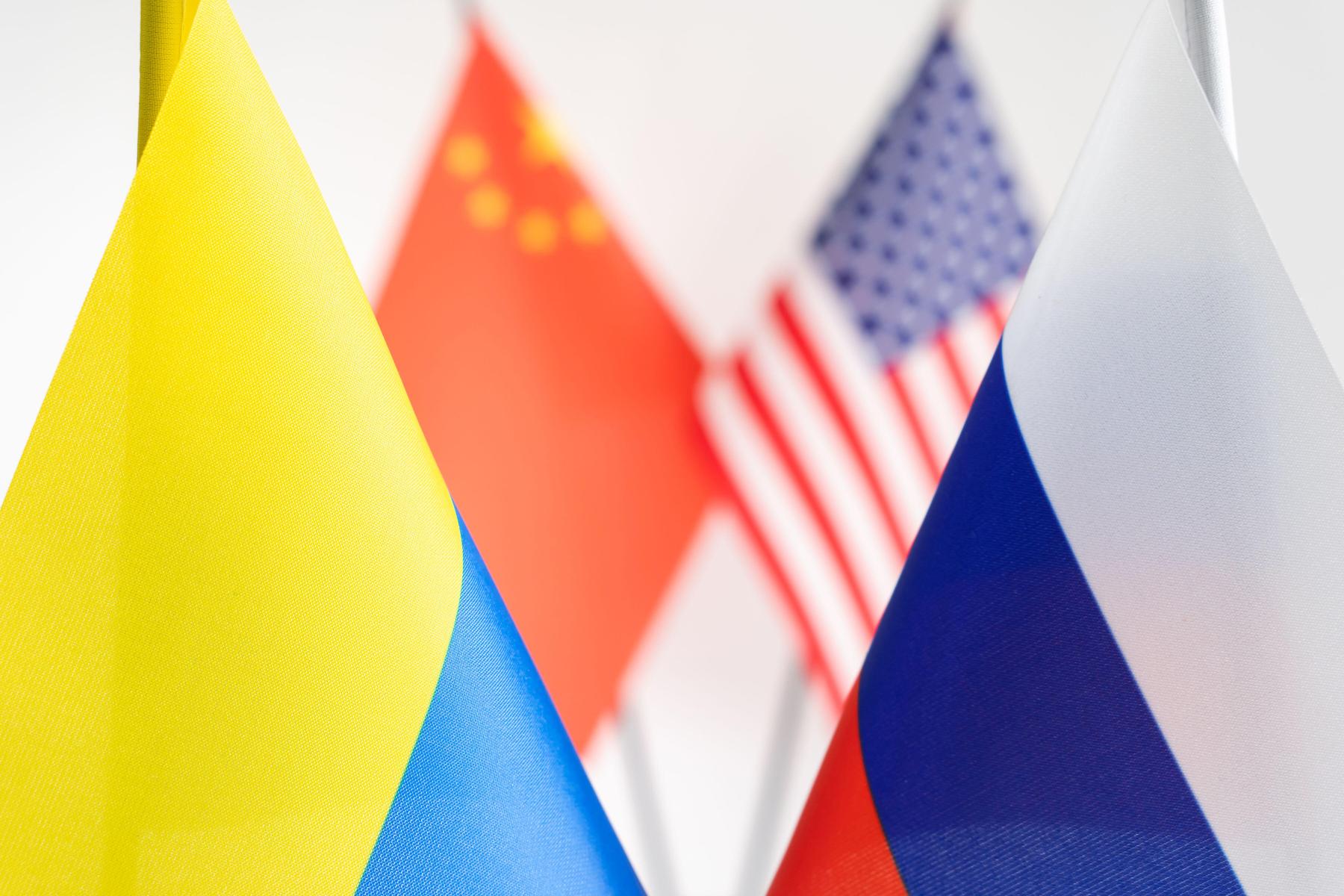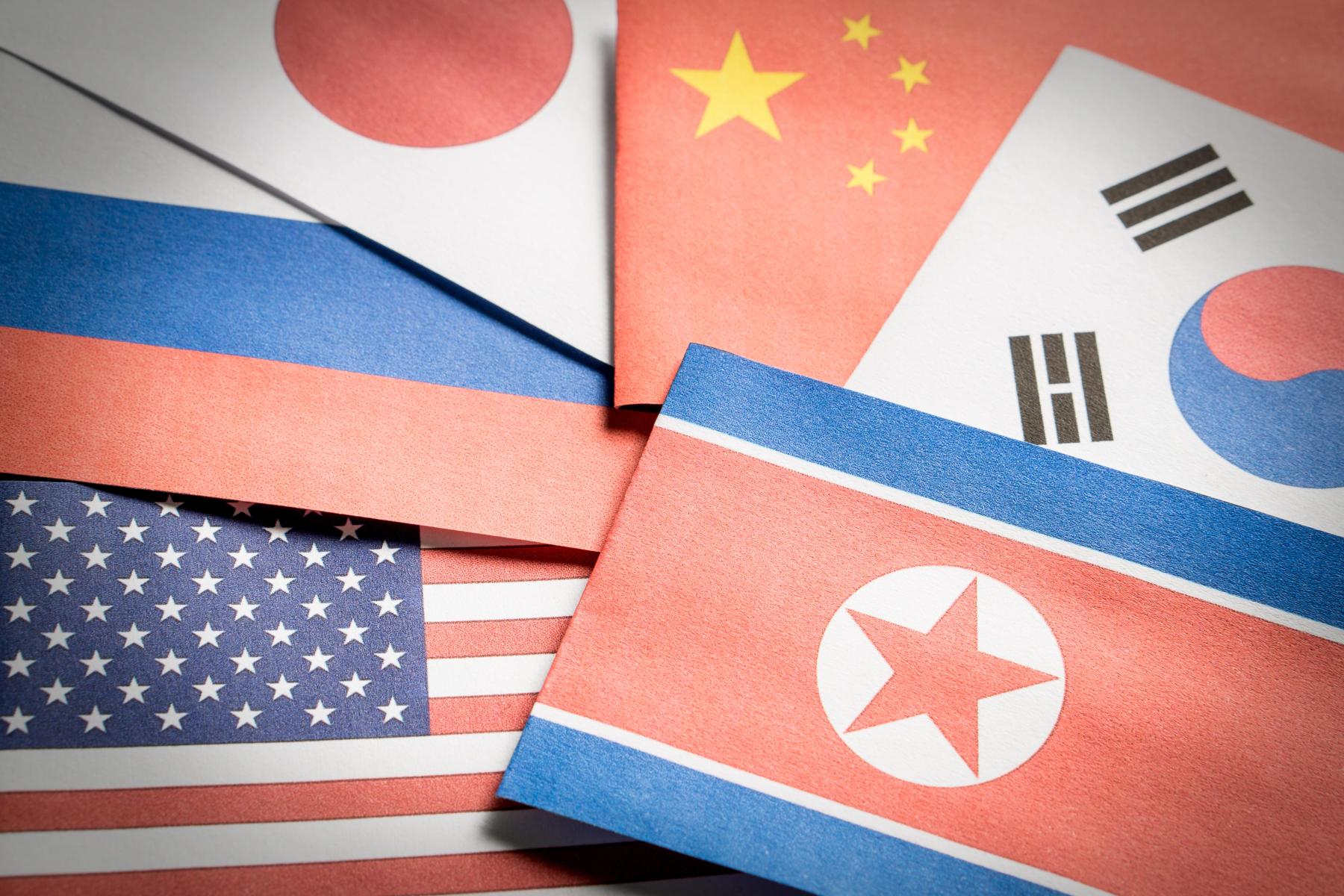Germany, the Indo-Pacific and the war in Ukraine
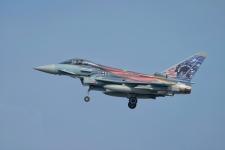
On August 14th 2022, Germany announced that it would further ramp up its military presence in the Indo-Pacific. After having sent a frigate to the region in 2021, the German Air Force sent six Eurofighter jets to Indo-Pacific countries, including Japan, Australia, South Korea and Singapore, “for joint drills and other activities”. Two years after the release of its Policy Guidelines for the Indo-Pacific, the decision seems to mark a new qualitative step in Germany’s involvement in the region.
While Berlin had endorsed the Indo-Pacific concept and, together with France and the Netherlands, sponsored the elaboration of the EU strategy for cooperation in the Indo-Pacific, it had so far carefully avoided to adopt a confrontational outlook.
Together, the world’s middle powers – Japan, India, Germany, Australia, Canada, and others – can have a decisive impact on global affairs.
This series of comments from six leading experts explores middle power collaboration in the Indo-Pacific. In response to Russia’s invasion of Ukraine and US-China strategic rivalry, what can middle powers achieve in the pivotal region?
Interestingly, the August announcement, which resulted in the participation of German fighter aircrafts in the “Pitch Black” and “Kakadu” Australian joint exercises, intervened in a much-deteriorated strategic environment. Mistrust vis-à-vis Beijing had grown considerably in the years preceding the Russian invasion of Ukraine and focused particularly on concerns with Chinese espionage and theft of intellectual property in Europe.
Since the outbreak of the Covid-19 pandemic and the subsequent diversion of global supply chains, many Europeans have started to question the reliability of China as a partner. With the war in Ukraine, this mistrust has reached a new stage. The closer alignment between China and Russia, underpinned by their common antipathy to the US, also demonstrated their willingness to reshape the global order to their liking; a global order in which Europe, and therefore Germany, had thrived since the second world war.
Some analysts have argued that the very idea of a European tilt towards the Indo-Pacific has always been an unsustainable fantasy; one in which the war in Ukraine will put to an end. But while Russia’s invasion unquestionably diverted European attention towards its Eastern borders, it did not end Indo-Pacific concerns. In fact, it has only highlighted the potentially damaging impact for Europe and Germany, particularly the enhanced Sino-Russian cooperation.

And although its military effort is still too modest to affect the regional balance of power, it signals that Germany is now thinking about security beyond European borders at a time when war is still raging on the old continent. Beijing's support for Moscow in its war with Ukraine is symptomatic of the further worsening relationship between Europe and China. As such, the Indo-Pacific deployment is an answer to all the analysts who had concluded that the renewed threat from Russia would sound the death knell for Europe’s embryonic engagement in the Indo-Pacific.
However, those who hoped for clearer messaging from the new German government vis-à-vis China will remain disappointed in the light of the November 2022 visit of Chancellor Scholz to Beijing. Questions remain, therefore, as to whether the new German commitment to the Indo-Pacific is primarily reflective of its resolve to check China’s hegemonic ambitions, secure its economic interests beyond China, buy American security guarantees in Europe, or a mix of all three. In this perspective, and regardless of its actual motivations, Germany’s new posture hardly marks a departure from the relative ambivalence common to most EU member states regarding their belief in their own capacity to influence the strategic situation in the Indo-Pacific.
And while the greater involvement in the region will certainly come with opportunities for closer cooperation between Germany and other middle powers in the Indo-Pacific – one example being the recently agreed deepening of defense cooperation between Japan and Germany – and is, therefore, generally welcomed by countries in the region, there should be no illusions regarding Germany’s scope of commitment as there still seems to be a general lack of strategic coherence in Berlin’s approach.
The implementation of the EU Strategy for Cooperation in the Indo-Pacific as a test of Germany’s resolve
No European government truly anticipated the consequences of the war in Ukraine. But the new and relatively inexperienced German government, formed only a few weeks before the Russian invasion and led by Olaf Scholz, was ill prepared to confront a situation which, in the short term, challenged most of its own preferences, particularly in matters of energy transition. It was, nevertheless, able to make drastic changes in its allocation of military and financial resources. For Germany in particular, being overly dependent on Russian gas and oil, increasing its defense budget and adopting sanctions with far-reaching implications for its own population and economy has been a momentous decision.

Moreover, the new government had understood the need to reduce its dependencies in order to gain space for maneuver on the international scene. In her speech at the so-called “Business Day of the Conference of Heads of German Foreign Missions” on 6 September 2022, German Foreign Minister Annalena Baerbock stressed the importance of a new China strategy that incorporates lessons learned from dependencies on Russia.
She called for a rethinking of existing dependencies on China and for acting with foresight by finding other partners; for example, for the import of raw materials. Both the constraints generated by the war as well as its own predisposition could make the new government a more credible interlocutor in Europe than the previous government under Angela Merkel, who had often been perceived as an inhibitor of a more assertive China debate in Europe.
In light of his controversial one-day visit to Beijing, Olaf Scholz does not seem to be making use of this potential. With the German President Steinmeier visiting Japan and Korea at the very same time, both visits seem to be no more than a balancing act and are, as such, consistent with the overall ambivalence already expressed in the German Indo-Pacific Guidelines.
The question remains of what Germany could do with regard to the Indo-Pacific that could be strategically significant. German Armed Forces are neither designed nor sufficiently equipped to make it a prime actor in the Indo-Pacific in the foreseeable future, where their contribution will surely be welcome but not decisive in a space characterized primarily by the hybrid character of the threat.
Germany’s future in the Indo-Pacific is, therefore, intimately linked to the fate of the EU strategy for cooperation in the Indo-Pacific, which is articulated around seven priorities – sustainable and inclusive prosperity, green transition, ocean governance, digital governance and partnerships, connectivity, security and defense, and human security – and the call for a greater prioritization of and involvement with partner countries in the region. But similarly to its European counterparts, Germany tends to pick and choose between the policies around which the EU Indo-Pacific strategy is structured in order to promote its own interests and publicize its role and added value.
To be fair, Germany is not alone in behaving this way, and its policies should be assessed as part of a larger European pattern in which conflict of interests between EU member-states, or strong disagreements between the Commission and the External Action Service of the EU regarding the desirability of a more strategic use of existing policies, also play a role.
In doing so, however, Germany may unintentionally contribute to diluting the strategy. Berlin’s main challenge in the years to come will be to facilitate the comprehensive implementation of the EU strategy, as well as other instruments such as the Global Gateway and the Green Deal, including all specific alternative energy partnerships and trade agreements. Collectively, they lay the foundation for closer and more sustainable long-term engagement with the region in an attempt to rebalance the relationship with China in conformity with German and European interests.
Shaping Europe’s strategic approach
Germany’s policy on both China and Russia is evolving and the new government seems intent to give the country a higher profile in the Indo-Pacific along with an overall more strategic foreign policy outlook. The German Indo-Pacific Guidelines along with the China-Strategy and the National Security Strategy are equally a signal of this shift.
However, despite the recent announcement to send more ships to the region in 2024, Germany’s rise in power in the Indo-Pacific is unlikely to be a linear and rapid process. How far and deep Berlin intends to be involved remains uncertain at this stage and will likely be linked to European interests in the region as well as matters of resourse allocation.
In this context, Berlin has the capacity – and the responsibility – to contribute to shaping Europe’s strategic approach to the region by facilitating the operationalization of European instruments from the EU Strategy for the Indo-Pacific to the Global Gateway and helping the EU to achieve its objective. Supporting the implementation of the EU Indo-Pacific strategy, especially in the area of economic diversification and the combat of climate change – two of the key areas defined in the most recent progress report of the German Federal Foreign Office – is likely to remain its first priority.
Berlin is still in the early phase of its Indo-Pacific journey. It has already taken a direction few would have believed it would two years ago. And while the war in Ukraine has not changed its path, it is Berlin’s relationship with Beijing that will ultimately determine the credibility and depth of its Indo-Pacific engagement.
If you want to know more contact senior researcher Luke Patey

